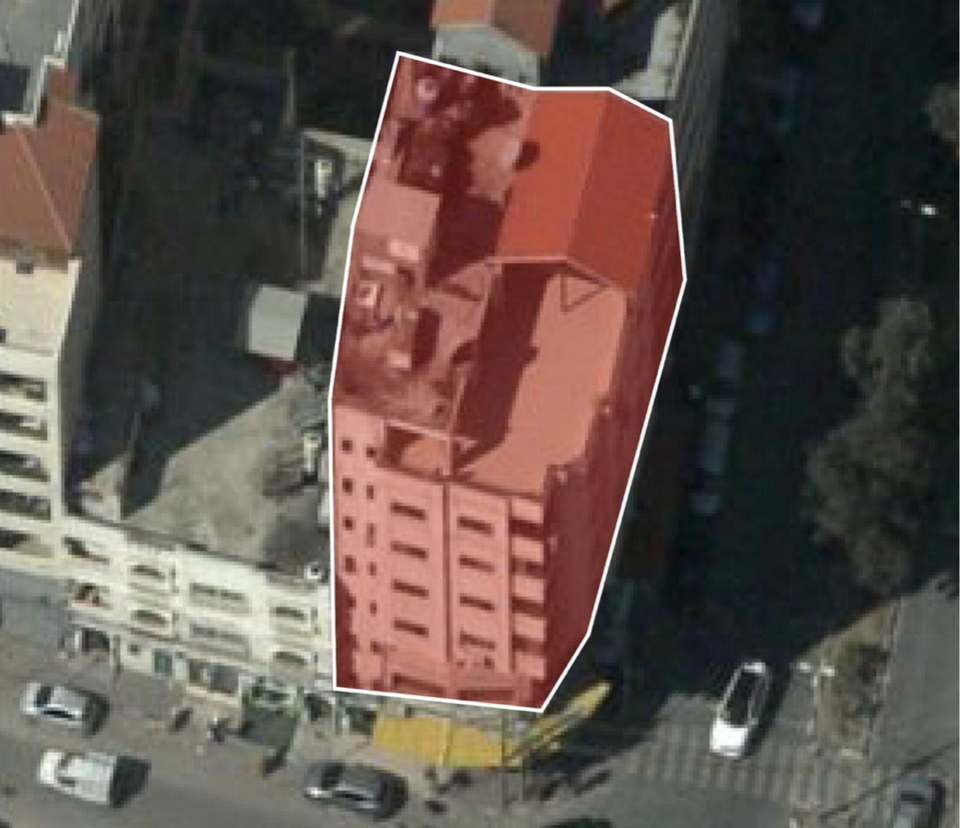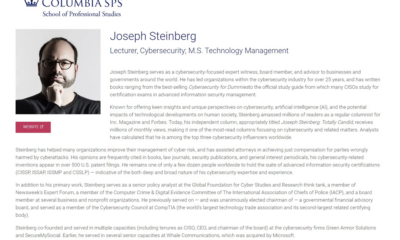In A Cyberwar First, Israel Destroys Cyber-Terrorist Operations Center With An Air Strike
Israel’s military said yesterday that it neutralized a major cyberattack by Hamas, and subsequently destroyed the building in the Gaza Strip that housed the terrorist group’s cyber operatives. Israel’s use of physical force against Hamas cyberwarriors as the latter engaged in cyberattacks apparently marks a historical milestone – the first publicly-disclosed, real-time military response to hacking – and occurred as the terrorist group simultaneously fired hundreds of rockets into Israeli cities, and three years after NATO proclaimed “cyber” to be an “official battlefield” of modern warfare, threatening that the alliance may respond with its military might against any party launching a cyber attack against any of its members
Israeli officials did not offer the public many details about the attempted Hamas cyberattack, other than noting that the terrorist group launched it on Saturday morning, and specifying that the attack was clearly aimed at “harming the quality of life of Israeli citizens,” that it was not extremely sophisticated, and that it was totally neutralized through a joint effort of Israel’s elite Unit 8200 cyber-unit and its Shin Bet security service. It is likely that Israel will not expand further vis-à-vis technical details, as it is obviously in the country’s interest not to reveal to outsiders the nature and extent of its cyberwar capabilities. The Israel Defense Forces did, however, note that, as a result of its military action, Israeli officials believe that, at least for the time being, Hamas has lost the capability to launch cyberattacks.
The Israeli action is not the first military response to a cyber action – the United States, for example, killed ISIS’s Junaid Hussain in 2015 after he obtained and leaked personal information about American military and government employees – but, the Israeli strike is the first known real-time action, physically targeting hackers as they hack.
While nothing about yesterday’s attack is shocking – sovereign states obviously have both the right and the responsibility to protect their citizens from terrorists’ cyber attacks – it marks the dawn of a new era in the annals of human warfare. Governments understand that, in our era of increasing technology dependence, cyberattacks have the potential to cause both major economic damage and the loss of life, and will no longer tolerate cyberattacks as uncomfortable nuisances, but, rather, will deal harshly with those launching what are truly 21st Century acts of aggression.
While the specific target of the Israeli action was a terrorist organization, there is little doubt that governments will utilize forceful responses against other dangerous cyberattackers in the future. Hackers should take notice; the repercussions for attempting to disrupt the lives and well-being of innocent people may result in repercussions far more serve that just civil penalties or jail time.














 CyberSecurity for Dummies is now available at special discounted pricing on Amazon.
Give the gift of cybersecurity to a loved one.
CyberSecurity for Dummies is now available at special discounted pricing on Amazon.
Give the gift of cybersecurity to a loved one.